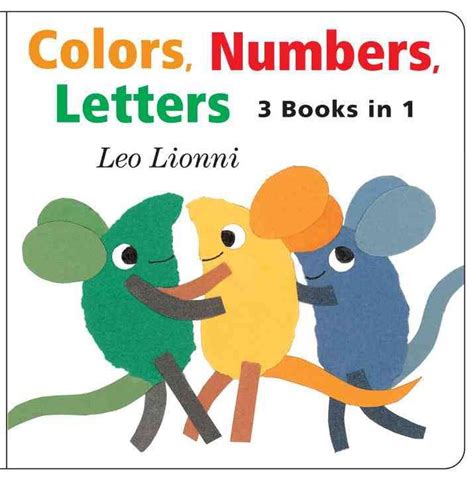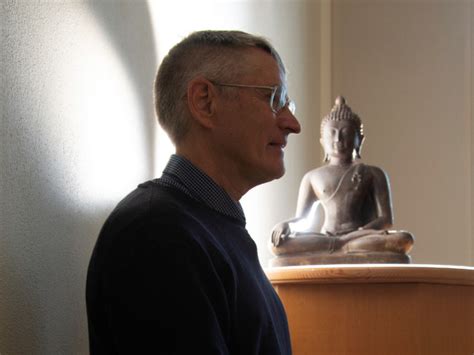A Quote by Liberty Hyde Bailey
A garden requires patient labor and attention. Plants do not grow merely to satisfy ambitions or to fulfill good intentions. They thrive because someone expended effort on them.
Related Quotes
In our everyday garden grow the rosemary, juniper, ferns and plane trees, perfectly tangible and visible. For these plants that have an illusory relationship with us, which in no way alters their existentiality, we are merely an event, an accident, and our presence, which seems so solid, laden with gravity, is to them no more than a momentary void in motion through the air. Reality is a quality that belongs to them, and we can exercise no rights over it.
you mustn't rely on your flowers to make your garden attractive. A good bone structure must come first, with an intelligent use of evergreen plants so that the garden is always clothed, no matter what time of year. Flowers are an added delight, but a good garden is the garden you enjoy looking at even in the depths of winter.
Our intentions attract the elements and forces, the events, the situation, the circumstances and the relationships necessary to fulfill the intended outcome. We don't need to become involved in the details-in fact, trying too hard may backfire. Let the non-local intelligence synchronize the actions of the universe to fulfill your intentions for you.
Rainforests are not confined to the tropics: a good definition is forest wet enough to support epiphytes - plants that grow on other plants. Particularly in the west of Britain, where tiny fragments persist, you can find trees covered in rich growths of a fern called polypody, mosses and lichens, and flowering plants climbing the lower trunks.
Our intentions - noticed or unnoticed, gross or subtle contribute either to our suffering or to our happiness. Intentions are sometimes called seeds. The garden you grow depends on the seeds you plant and water. Long after a deed is done, the trace or momentum of the intention behind it remains as a seed, conditioning our future happiness or unhappiness.
Dialogue is really aimed at going into the whole thought process and changing the way the thought process occurs collectively. We haven't really paid much attention to thought as a process. We have engaged in thoughts, put we have only paid attention to the content, not to the process. Why does thought require attention? Everything requires attention, really. If we ran machines without paying attention to them, they would break down. Our thought, too, is a process, and it requires attention, otherwise its going to go wrong.
Yes, all of life is sacred, including plants; and yes, there is research that demonstrates that plants have feelings - they feel it when their leaves or stems are ripped - and there is scientific evidence that while plants do not have brains and nervous systems like animals, they nevertheless actively work to ensure their survival - they want to live, thrive, reproduce, evolve.



































